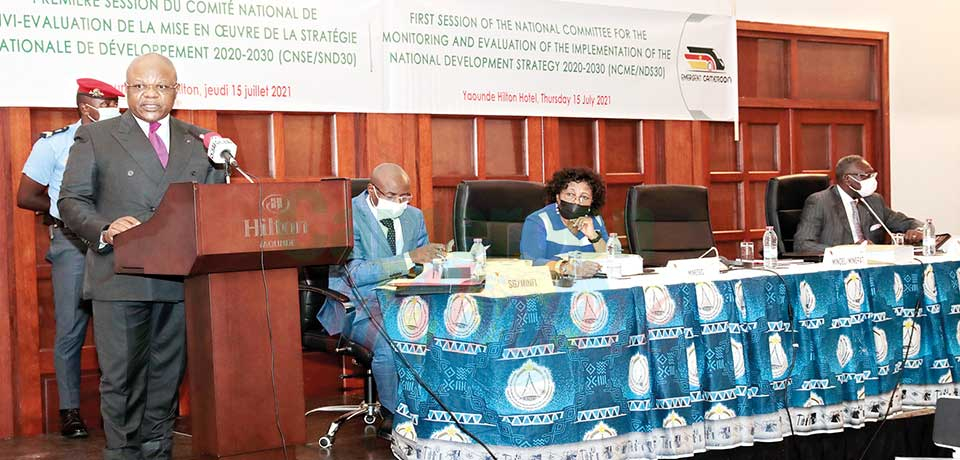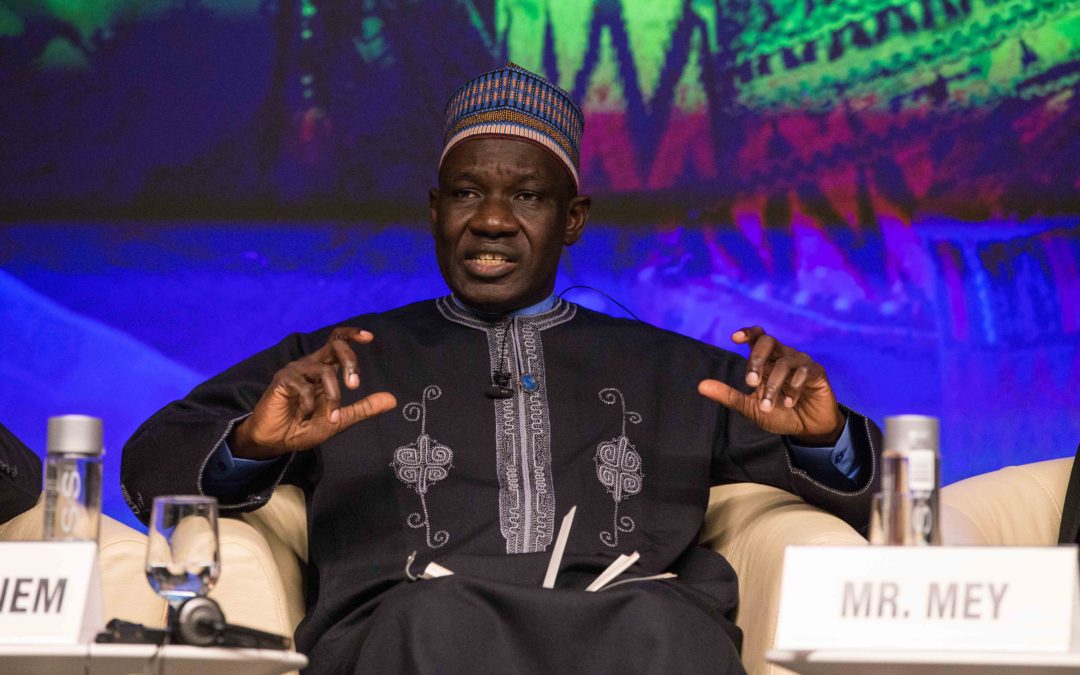In its fourth pillar, the new development strategy exalts the managerial autonomy of the management of local and regional authorities and efficiency in the conduct of public policies.
Several years after the launching of the decentralization process in Cameroon, the observation made by NDS30 designers is scathing:
‘‘Despite the transfer of sixty-three (63) powers provided for by the laws of 2004 on decentralization and related financial resources to councils, the persistence of poverty, notably in rural areas, requires that the transfer of the first generation powers should be rendered fully operational in councils and that powers provided for by law to regions should also be transferred in conformity with the resolution of the Major National Dialogue as well as to complete and intensify the decentralization process and reinforce local development such that Regional and Local Authorities (RLAs) can become pivots of growth and development’’, the document reads.
To achieve this objective, and in straight line with the new National Development Strategy, in 2020, Cameroon endowed itself with a law on the general code on regional and local authorities. This law, which is henceforth the country’s decentralization bible, lays down the general framework and strengthens principles pertaining to free administration and functional autonomy of RLAs; enshrines the principle of exclusiveness in the exercise of powers transferred to RLAs; provides for the allocation of financial resources related to transferred powers (15% of the State revenue) directly allocated to RLAs.
But beyond general considerations, Government has granted a special status to the North-West and South-West Regions and has committed itself to strengthening autonomy in other regions (the maiden regional councils were commissioned just recently, editor’s note) and councils.
In the same vein, through the reforms of the Special Council Support Fund (FEICOM), the bank of Cameroon’s councils, it entails optimizing the collection and distribution of council and regional taxes, in a bid to boosting the financial capacity of RLAs.
“Government has granted a special status to the North-West and Sou- th-West Regions and has committed itself to strengthening autonomy in other regions”
As for governance, as official sources hold, smooth NDS30 implementation passes through the pursuit of the modernization of public finance and debt management, streamlining the management of public establishments and corporations deemed budget consuming and less competitive, continuing the improvement of the business climate known for being both difficult and risky, involving the diaspora in the country’s development actions, as well as regulating and controlling the national economic space.
Romuald Akoa Zoé





0 Comments